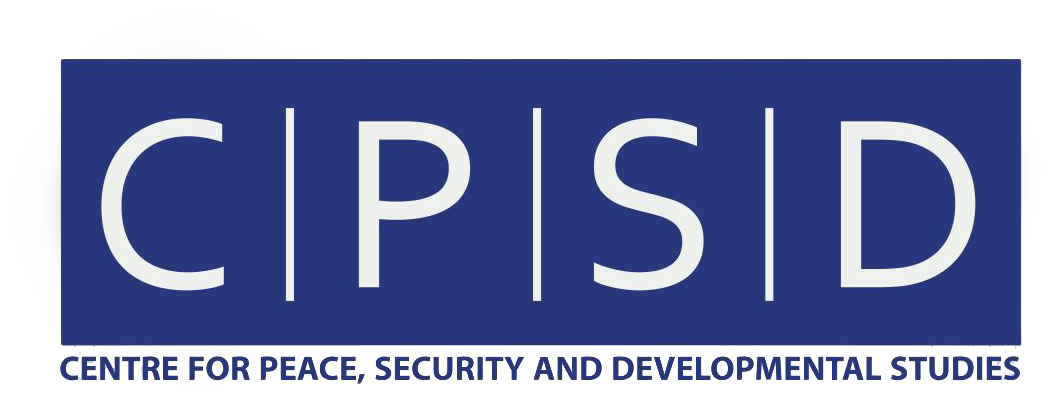From an Endless Blame Game to the Reaction of Do No More!

The Blame Game: Pakistan–U.S. Relations Under the Trump Doctrine
Introduction
The decade-long blame game between the United States and Pakistan reached a new peak following the Trump administration’s announcement of its revised strategy for Afghanistan and South Asia in August. In a pointed address, President Donald Trump accused Pakistan of duplicity, stating:
“We have been paying Pakistan billions and billions of dollars at the same time they are housing the very terrorists that we are fighting. But that will have to change, and that will change immediately.”
Such an undiplomatic and dismissive tone deeply upset Islamabad. It became increasingly apparent that the U.S., frustrated with its limited success in Afghanistan, was shifting blame for its chronic failures onto Pakistan.
Pakistan’s Response: Maturity Amid Accusations
Despite facing harsh allegations, Pakistan responded with restraint and maturity. Rather than reciprocating in tone, Islamabad emphasized that the Trump administration’s casual disregard for Pakistan’s sacrifices in counter-terrorism efforts was neither productive nor justified.
Pakistan continued to pursue its National Action Plan to eliminate militancy, further cementing its commitment to peace. Chief of Army Staff General Qamar Javed Bajwa emphasized that Pakistan was not seeking material or financial aid from the U.S., but rather trust, understanding, and recognition of its contributions.
The Afghan Dimension: Pakistan’s Clear Stance
Pakistan has consistently advocated for a peaceful, negotiated solution to the Afghan crisis. Foreign Minister Khawaja Asif, speaking at a U.S. Institute of Peace (USIP) conference, reaffirmed that Pakistan is the biggest beneficiary of Afghan peace due to their shared porous border.
He challenged the narrative that blamed Pakistan for U.S. failures in Afghanistan, arguing that the root causes of the crisis lie within Afghan governance and society. He pointed to:
Corruption within the Afghan government
The sale of weapons by Afghan forces to the Taliban
Nearly 40% of territory under Taliban control
Daesh gaining ground in multiple provinces
A rising narcotics trade
Pakistan, he stated, cannot be held responsible for these internal Afghan challenges.
To contribute constructively, Islamabad once again proposed reviving the Quadrilateral Coordination Group (QCG)—a multilateral platform for Afghan peace.
On-Ground Realities and Cooperation
Pakistan’s military operations, including fencing the Pak-Afghan border and launching decisive offensives against militant groups, have restored peace domestically and demonstrated its seriousness in combating terrorism.
A key example was the intelligence-based operation conducted in coordination with U.S. agencies to rescue Canadian and American hostages. The successful mission sent a strong signal to Washington: Pakistan remains committed to counterterrorism, but expects cooperation based on mutual trust and respect.
Strategic Concerns: India’s Role in Afghanistan
One of Pakistan’s major concerns is President Trump’s explicit call for greater Indian involvement in Afghanistan, which Islamabad views as a serious strategic threat. Evidence suggests that India has used Afghan territory to undermine Pakistan’s internal stability and obstruct the progress of the China–Pakistan Economic Corridor (CPEC)—a flagship economic initiative linking South Asia to Central Asia and Europe.
Pakistan’s robust nuclear deterrent and advancements in conventional weapons remain key to maintaining a strategic balance in the region.
Shifting Defense Strategy: Reduced U.S. Dependence
Prime Minister Shahid Khaqan Abbasi underscored Pakistan’s shift away from dependence on U.S. military aid. As part of its diversification strategy, Pakistan has increasingly turned to Chinese, European, and even Russian defense systems, including the induction of Russian attack helicopters—a first in its history.
This strategic pivot is helping Pakistan strengthen its sovereignty and reduce vulnerability to political pressure from any one superpower.
Policy Shift: U.S. Tilt Toward India
Over the years, the U.S. has shown a clear strategic preference for India, raising alarms in Islamabad. By failing to maintain an even-handed approach toward two nuclear powers in South Asia, the U.S. risks alienating Pakistan and destabilizing regional balance.
Despite this, Pakistan has remained committed to diplomacy, advocating for regional peace and long-term stability through engagement with the U.S. and the broader international community.
Conclusion
The Trump administration’s blame-oriented rhetoric towards Pakistan marks a new low in bilateral relations. However, Pakistan’s measured and mature response reflects its growing confidence on the international stage. As Islamabad continues to pursue peace in Afghanistan and safeguard its own strategic interests, it remains open to cooperation—but only under the principles of mutual respect, trust, and equality.
While the U.S. continues to recalibrate its alliances in South Asia, Pakistan is steadily advancing a policy of self-reliance, regional balance, and diversified partnerships—ensuring its voice remains relevant in the evolving geopolitical landscape.
